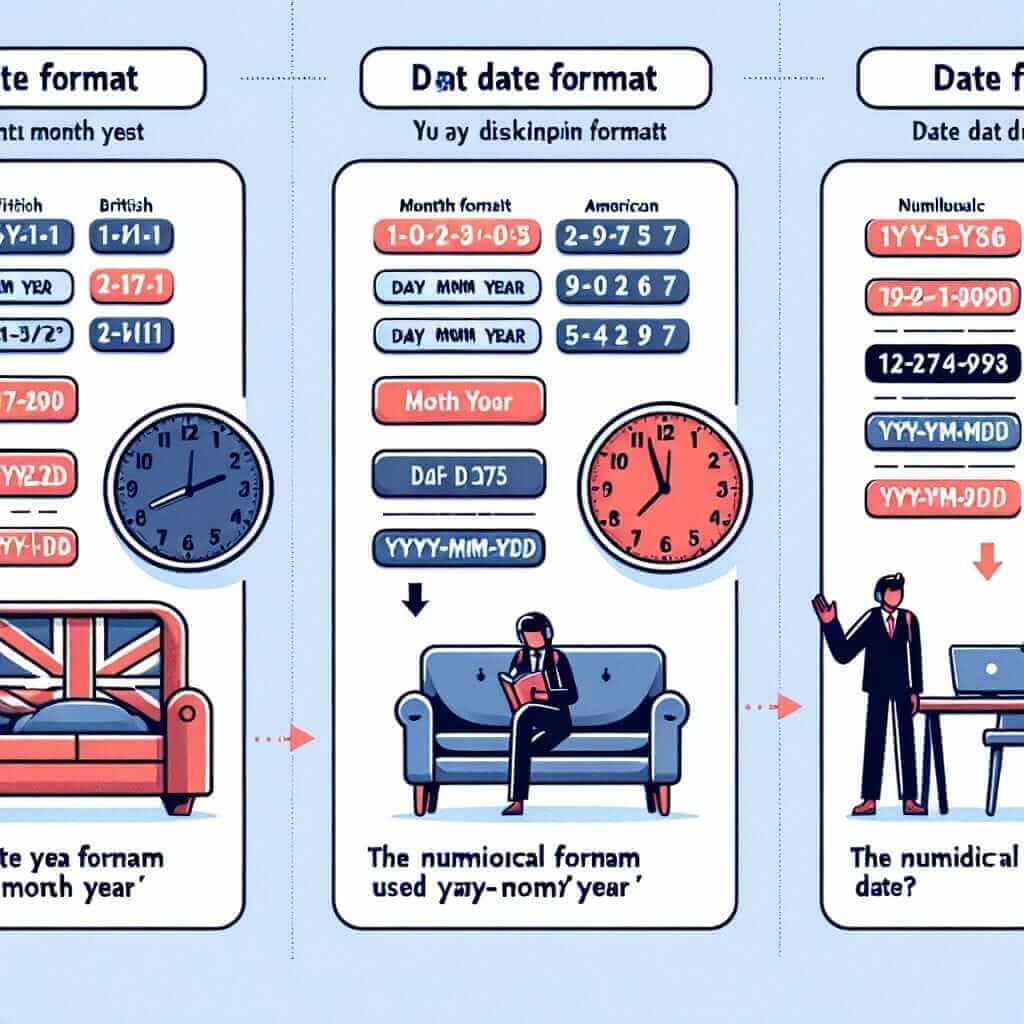As an IELTS instructor with over two decades of experience, I’ve witnessed countless students stumble over seemingly simple tasks in the listening test. One such area is accurately filling in dates. While it might appear straightforward, misinterpreting instructions or misunderstanding pronunciation can easily cost you valuable marks. This comprehensive guide will equip you with the knowledge and strategies to confidently tackle date-related questions in your IELTS Listening test.
Understanding the Importance of Dates in IELTS Listening
Dates are frequently used in various contexts throughout the IELTS Listening test, including:
- Form filling: You might need to note down dates for appointments, registrations, or applications.
- Note completion: Dates often appear as crucial information in lectures, talks, or conversations.
- Multiple choice questions: Understanding dates correctly is essential for selecting the right answer when presented with options related to timelines or sequences of events.
Therefore, mastering the skill of accurately understanding and writing dates is non-negotiable for achieving your desired IELTS score.
How to Accurately Fill Dates in the IELTS Listening Test
1. Be Familiar with Date Formats:
The IELTS Listening test uses various date formats, including:
- British format: Day Month Year (e.g., 15 July 2023)
- American format: Month Day Year (e.g., July 15, 2023)
- Numerical format: YYYY-MM-DD (e.g., 2023-07-15)
Always pay close attention to the format required in the instructions or the answer sheet. If unsure, don’t hesitate to ask the invigilator for clarification before the listening section begins.
2. Listen for Cues and Synonyms:
Speakers might not always explicitly state the date. They may use cues like:
- Prepositions: “on,” “in,” “by,” “from,” “until” (e.g., “The event will be held on the 10th of August.”)
- Time markers: “next week,” “this coming Tuesday,” “the following month”
- Ordinal numbers: “the 2nd,” “the 15th,” “the 23rd”
Be prepared to deduce the date based on the context and surrounding information.
3. Pay Attention to Pronunciation:
Numbers and months can sound similar, especially in fast-paced speech. Focus on differentiating between sounds like “fifteen” and “fifty” or “June” and “July.” Practice listening to dates in different accents to improve your comprehension.
4. Use Abbreviations Wisely:
While abbreviations like “Jan,” “Feb,” or “Sept” are acceptable, ensure they are commonly used and easily understandable. When in doubt, write the full month.
5. Check your Spelling:
Misspelled months or incorrect date formats can lead to losing marks. Double-check your answers for any spelling errors or inconsistencies.

Examples from IELTS Listening Tests
Example 1:
Speaker: “The deadline for the application is the 10th of next month.”
Answer: If the current month is June, the answer should be 10 July (assuming the British date format).
Example 2:
Speaker: “We have a workshop scheduled for two weeks from today, which is the 5th.”
Answer: Calculate two weeks from the 5th of the current month to determine the correct date.
Tips for Success:
- Practice regularly: Listen to a variety of English audio materials, focusing on dates and numbers.
- Develop note-taking skills: Practice jotting down dates quickly and accurately while listening.
- Familiarize yourself with common abbreviations: Understand both full forms and abbreviations for months and days.
- Manage your time effectively: Allocate sufficient time to review your answers and make any necessary corrections.
Conclusion
Mastering the skill of correctly understanding and filling dates in the IELTS Listening test is crucial for achieving a high score. By familiarizing yourself with different date formats, listening attentively for cues, and practicing regularly, you can approach this section with confidence and improve your overall performance. Remember, every detail matters in the IELTS Listening test, and mastering dates is a step towards achieving your desired results.